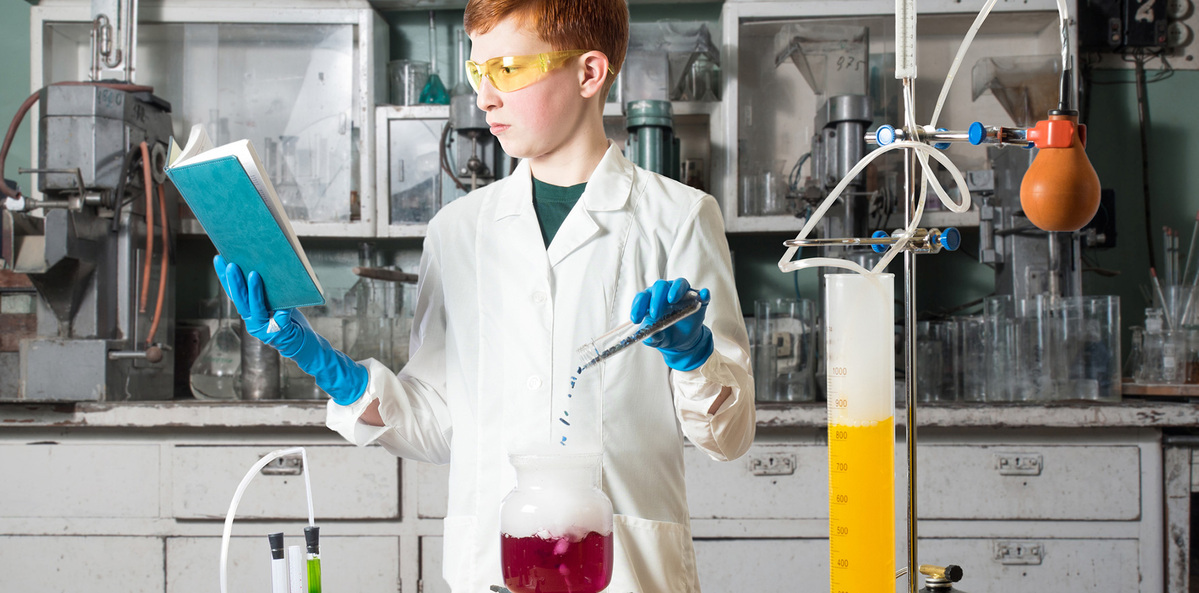Amid concern over Ozempic substitutes, the TGA and Pharmacy Board offer finger-pointing and avoidance.
The regulation of compounding pharmacies seems to be falling between the cracks as global concerns rise over compounded semaglutide, the active ingredient in diabetes/weight-loss drug Ozempic.
Ozempic, Novo Nordisk’s world-renowned diabetes drug, has been a hot commodity in recent years for its off-label use as a weight-loss wonder drug.
The drug has been in shortage worldwide since April 2022 and is expected to remain so well into 2024.
As demand grows, some telehealth providers – such as Eucalyptus, owner of Juniper and Pilot – have taken matters into their own hands by enlisting pharmacies to compound the active ingredient in Ozempic and Wegovy, another Novo Nordisk formulation that is approved for weight loss.
Late last year the TGA issued a warning over the “unapproved” compounded semaglutide, which had not been evaluated by the TGA for safety, quality or efficacy.
The FDA has also raised concerns regarding the rise in compounding from the raw material semaglutide sodium.
“We are not aware of any basis for compounding a drug using these semaglutide salts that would meet federal law requirements,” the FDA said in a letter to the National Association of Boards of Pharmacy.
But aside from disapproving glares, it seems the Australian regulator is doing little to investigate concerns as the practice falls outside its jurisdiction, except in the matter of advertising.
Compounding pharmacies do not require a TGA manufacturing licence “because only small quantities are made for the particular patient”, the TGA told The Medical Republic, and therefore regulation falls under the jurisdiction of the practitioners’ board.
“Compounding pharmacies are regulated by the states and territories in line with the Pharmacy Board’s guidelines and professional practice obligations,” the TGA told TMR.
“Pharmacists who compound medicines must follow guidelines from the Pharmacy Board to help ensure the safety and quality of the products they compound.”
But according to the Pharmacy Board of Australia, while it provides general compounding guidelines, it does not concern itself with the compounding of particular medicines.
“The Pharmacy Board of Australia does not provide advice to pharmacists about whether it is appropriate to compound particular medicines,” the board told TMR.
“Generally, when compounding medicines, pharmacists must ensure that there is good clinical and pharmaceutical evidence to support the quality, stability, safety, efficacy and rationality of any extemporaneous formulation,” it added.
“At all times the pharmacist must be satisfied that the dispensing and supply of a compounded medicine is consistent with the safety of the patient.”
According to the board, while it is “aware of individual concerns about the compounding of semaglutide … to date the concerns have not related to the health, conduct or performance of an individual pharmacist which would bring the concern within the jurisdiction of the Board”.
The board instead pointed to local and Commonwealth legislation.
“Pharmacists must meet their obligations outlined in relevant state, territory and Commonwealth legislation and be aware of and comply with relevant practice standards and guidelines,” it said.
Related
And back to the TGA.
“The Therapeutic Goods Administration may be able to provide advice on whether the practice meets the requirements of the therapeutic goods legislation.”
Without a TGA manufacturing licence, making a compounded medication in bulk – i.e. any amount beyond what satisfies an individual patient’s prescription – is unlawful.
According to the TGA, manufacturing licence exemptions do not apply if pharmacies are “compounding products for bulk supply in anticipation of patients’ needs before receiving a prescription”.
Therefore, “it is unlawful for pharmacists [without a manufacturing licence] to supply medicines that they have compounded prior to receiving a prescription for a named patient, except when practising in a hospital in certain circumstances”.
According to Eucalyptus’ clinical director Dr Matthew Vickers, the company has partnered with two major compounding pharmacies to provide compounded semaglutide to patients through Eucalyptus’ digital health platforms Juniper and Pilot.
While not all patients will be using a weight loss drug, the company to date has facilitated 250,000kg of weight loss for 50,000 patients, according to a recent comment by founder Tim Doyle.
Eucalyptus’ compounded semaglutide is produced from a powder-based raw ingredient semaglutide sodium, which, according Dr Vickers, external testing has confirmed produces injectable semaglutide when dissolved.
Eucalyptus declined to answer TMR’s questions on where the semaglutide salt is being procured from, how the solution is being produced or in what form it is dispensed to patients.
TMR asked Eucalyptus’ partner compounding pharmacy Infinity Compounding Pharmacy whether it was making up semaglutide per script or in batches, but it did not reply to a request for comment before deadline.
The TGA told TMR that without a manufacturing licence, which compounding pharmacists who are preparing on a per-script basis are not required to have, the administration “does not have regulatory oversight of suppliers of the active ingredients used by a pharmacist or healthcare practitioner who is compounding medicines”.
“However, if the active ingredient used by the pharmacist/healthcare practitioner is itself manufactured in Australia, then the Active Pharmaceutical Ingredient (API) manufacturing site must be licensed by the TGA,” the TGA told TMR.
According the NSW Pharmacy Council, for appropriate compounding “overseas manufacturers will hold certification relevant to the manufacture of raw materials, e.g. a certificate of Good Manufacturing Practice (GMP) compliance or equivalent accreditation from a regulatory or accrediting authority equivalent to the TGA”.
According to Dr Vickers, Eucalyptus commissioned external testing of the compounding method at Monash University and the University of Western Australia.
Monash University Medicines Manufacturing Innovations Centre compared three samples of compounded semaglutide and found “no evidence of significant difference” among them, a university spokesperson said, but did not compare them with an approved semaglutide formulation.
“Analysis was conducted in the absence of an authentic reference material and so the data is reported as a comparison of two products relative to the third,” said the spokesperson. “The contract did not include sourcing or procurement of external reference materials to facilitate full method validation.”
They could not provide the whole report to TMR as it was commercial in confidence.
The TGA told TMR that it was investigating “alleged unlawful advertising of prescription-only medicines for weight loss by several entities, and will take enforcement action where appropriate”.





